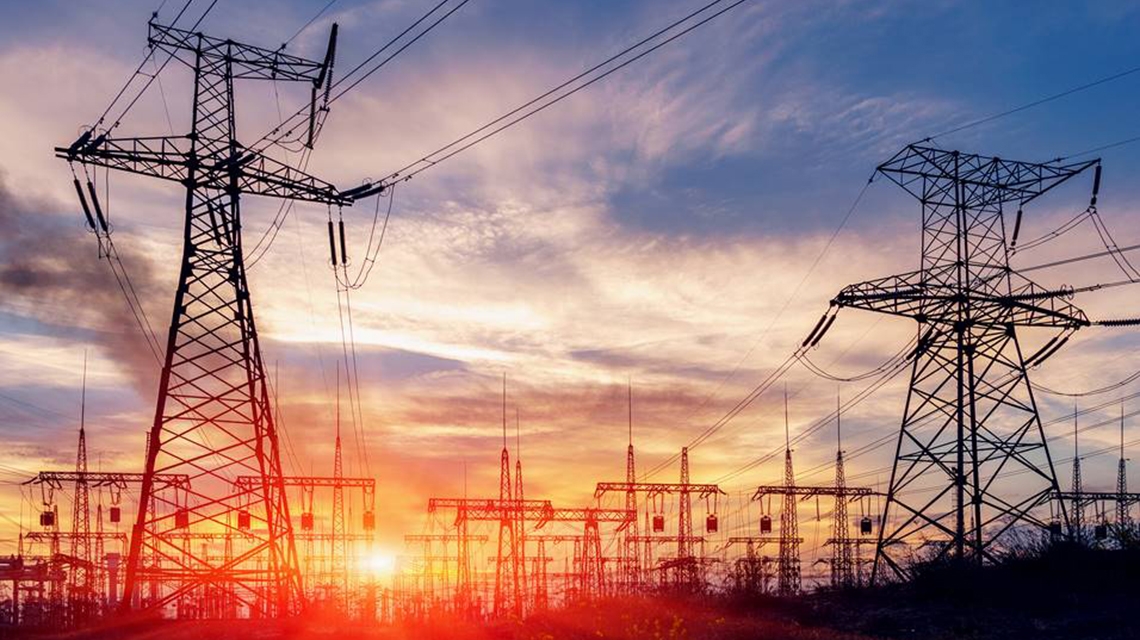what is low carbon electricity Low-carbon action in the power sector has already reduced emissions
Nuclear power is a vital source of low-carbon energy. It has many advantages over other forms of energy, which make it an important part of the solution to tackle climate change. Nuclear power plants generate electricity by splitting uranium atoms in a process called nuclear fission. This releases a tremendous amount of energy, which is harnessed to generate large amounts of electricity.
The Advantages of Nuclear Power for a Low Carbon Future
Nuclear power is a clean and sustainable source of energy that produces electricity without emitting greenhouse gases. This is particularly important in the fight against climate change, as it is essential to reduce our reliance on fossil fuels which contribute to global warming. Nuclear power is also highly reliable and can operate continuously for long periods of time, providing a stable source of energy for homes and businesses.
 Another advantage of nuclear power is its high energy density. Nuclear fuel contains a tremendous amount of energy, which makes it highly efficient in producing electricity. This means that a small amount of nuclear fuel can generate a significant amount of electricity, making it a cost-effective source of energy in the long term.
Another advantage of nuclear power is its high energy density. Nuclear fuel contains a tremendous amount of energy, which makes it highly efficient in producing electricity. This means that a small amount of nuclear fuel can generate a significant amount of electricity, making it a cost-effective source of energy in the long term.
Moreover, nuclear power is highly regulated to ensure that it meets strict safety and security standards. Nuclear power plants have multiple safety systems in place to prevent accidents and to protect people and the environment in the unlikely event of an incident. Nuclear waste is also managed carefully to minimize its impact on the environment and public health.
Low-Carbon Action in the Power Sector
 The power sector has already taken significant low-carbon action in recent years, reducing emissions by switching to cleaner sources of energy such as wind and solar power. This has enabled many countries to meet their greenhouse gas reduction targets and to make progress towards a low-carbon future.
The power sector has already taken significant low-carbon action in recent years, reducing emissions by switching to cleaner sources of energy such as wind and solar power. This has enabled many countries to meet their greenhouse gas reduction targets and to make progress towards a low-carbon future.
However, there is still a long way to go, and nuclear power can play a significant role in reducing greenhouse gas emissions. The International Energy Agency estimates that to achieve carbon neutrality by 2050, nuclear power capacity would need to increase by a factor of nearly three. This highlights the importance of nuclear power in the transition to a low-carbon future.
Overall, nuclear power has many advantages as a low-carbon source of energy. It is a clean, reliable, and sustainable source of energy that can help reduce greenhouse gas emissions and tackle climate change. With careful management and regulation, nuclear power can be an important part of the energy mix in the future.
If you are looking for COVID-19 and Low Carbon Electricity: Lessons for the Future | IAEA you’ve visit to the right page. We have 5 Pics about COVID-19 and Low Carbon Electricity: Lessons for the Future | IAEA like New low-carbon electricity generation is cost-effective option for UK, COVID-19 and Low Carbon Electricity: Lessons for the Future | IAEA and also New low-carbon electricity generation is cost-effective option for UK. Read more:
COVID-19 And Low Carbon Electricity: Lessons For The Future | IAEA
 www.iaea.orgsubstation iaea
www.iaea.orgsubstation iaea
New Low-carbon Electricity Generation Is Cost-effective Option For UK
 www.theccc.org.ukelectricity power carbon low istock
www.theccc.org.ukelectricity power carbon low istock
Low-carbon Action In The Power Sector Has Already Reduced Emissions
 www.theccc.org.ukemissions theccc
www.theccc.org.ukemissions theccc
Low Carbon Energy The Future Is Now - Arup
 www.arup.comcarbon energy arup future low lower perspectives
www.arup.comcarbon energy arup future low lower perspectives
Low Carbon Advantages Of Nuclear Power | EDF Energy
 edfenergy.comnuclear
edfenergy.comnuclear
Covid-19 and low carbon electricity: lessons for the future. Low carbon energy the future is now. Emissions theccc